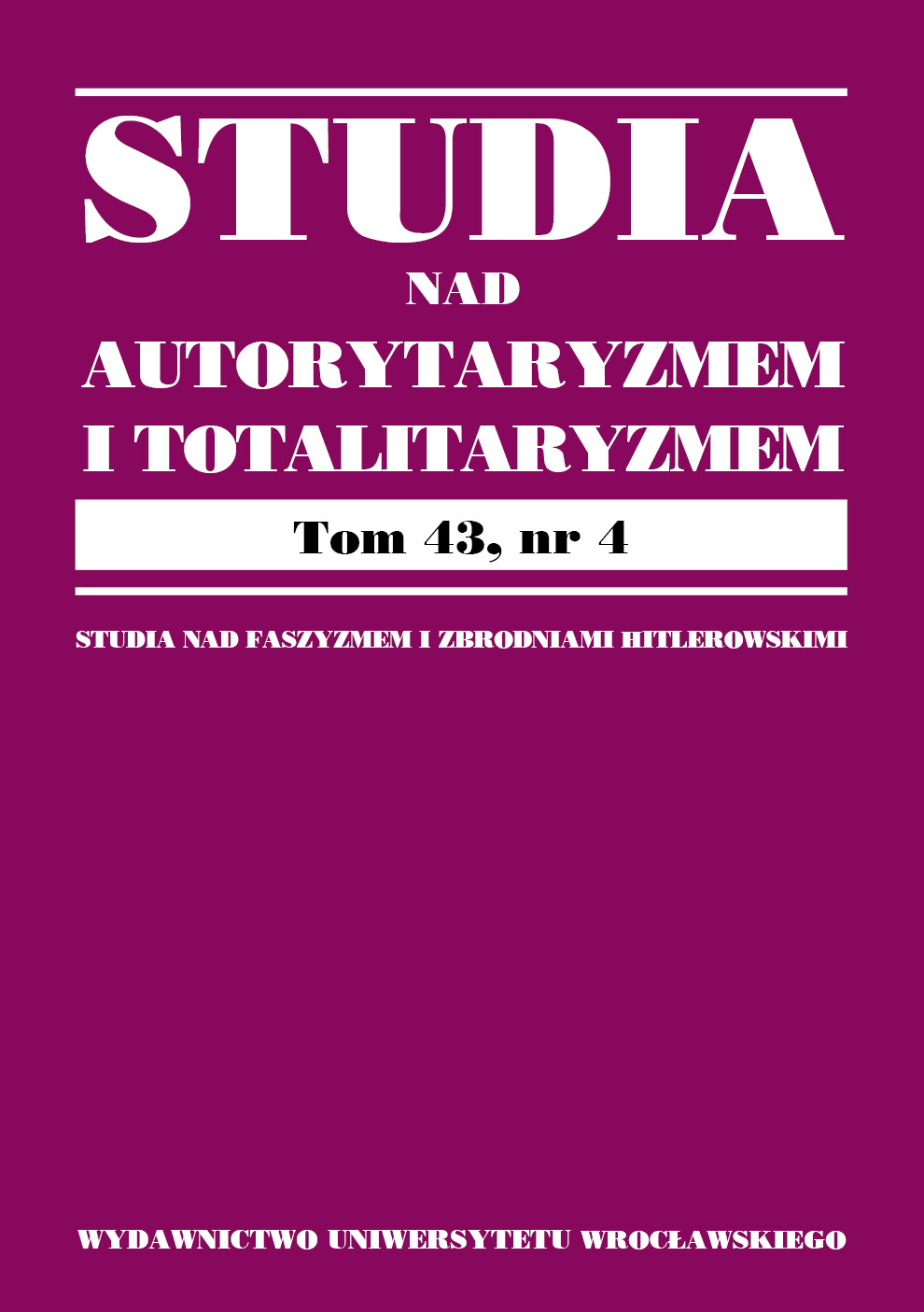

Artykuły

After the Second World War, in the time of totalitarian leadership, economic and inter-company settlement rules were implemented for the management of the Polish economy and Polish enterprises. Their purpose was to control the use of resources and the implementation of plans as well as to increase the efficiency and rationality of management. The term efficiency was not used. The aim of the article is to investigate whether the internal economic settlement, an inherent part of which was cost accounting, had the features of efficiency accounting. The research was carried out by qualitative, comparative and praxeological methods. The chronological views of selected economists from the times of the Polish People’s Republic presented here indicate their significant evolution. With the end of the socialist economy, economists were writing about maximizing profits and the profitability of enterprises remaining on inter-company settlement, about the efficiency of their activities and financial independence. Cost accounting was modified to resemble the normative cost accounting model that provided multi-sectional information for managing, including evaluation of efficiency. That is why a tool was used that was not connected with the centralized economy but was an example of modern solutions that were necessary in a totalitarian country for achieving the desired level of control over society.